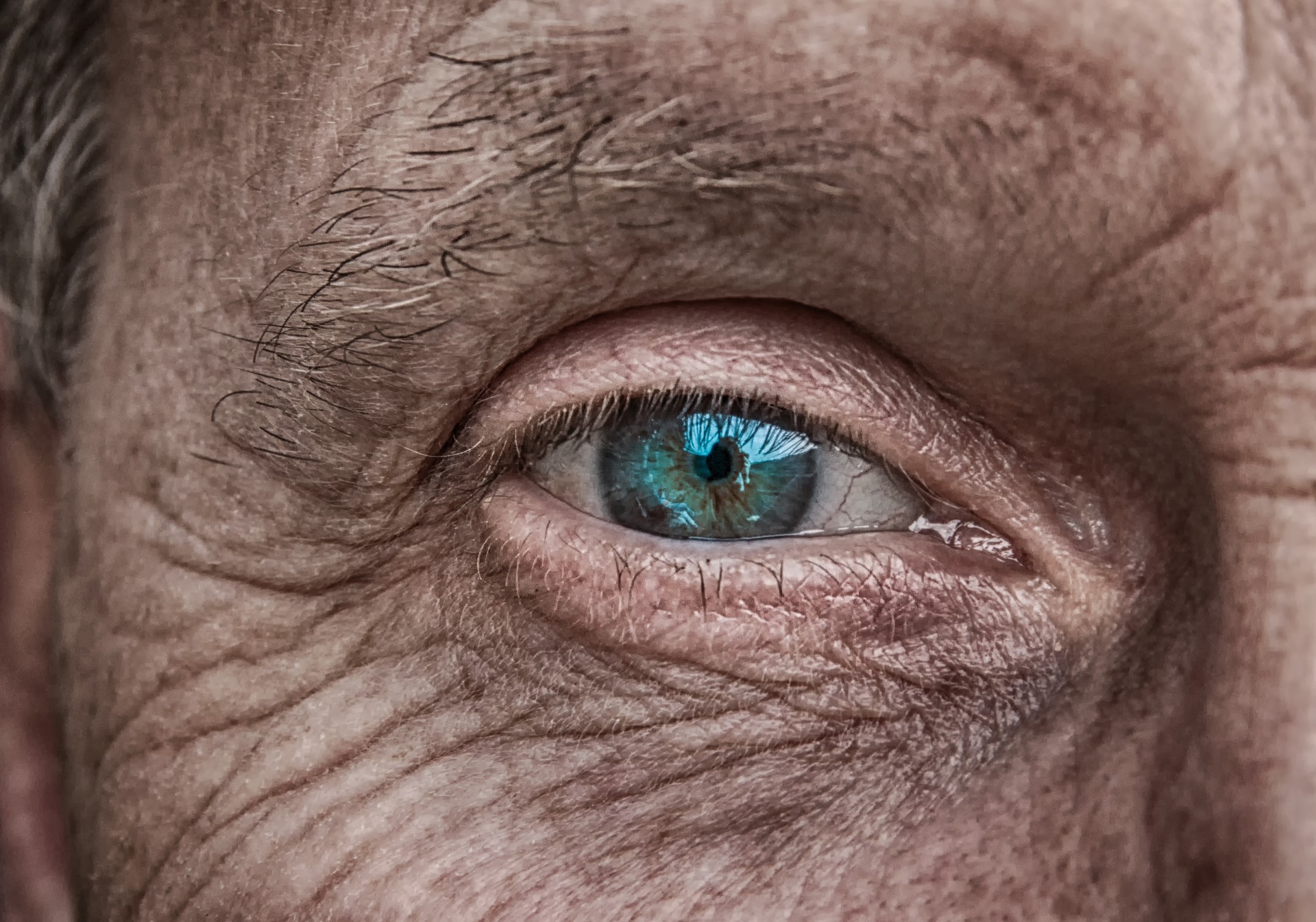News release
From:
Medical research: Vision partially restored in blind patient after optogenetic therapy *PRESS BRIEFING*
A blind patient diagnosed with retinitis pigmentosa (RP) almost 40 years ago experienced partial recovery of vision after a novel optogenetic treatment, reports a case study published in Nature Medicine. This is the first reported case of functional recovery in a neurodegenerative disease after optogenetic therapy (which controls specific cells through pulses of light, after the cells have been genetically modified to respond to such stimulation).
RP is a neurodegenerative eye disease that breaks down the cells in the retina that are receptive to light and can lead to complete blindness. There is no approved treatment for RP, except for a gene-replacement therapy that works only on an early-onset form of the disease.
José Sahel, Botond Roska and colleagues describe the initial results of an ongoing phase 1/2a study in which they injected an adeno-associated viral vector (used to facilitate gene therapy) encoding the optogenetic sensor ChrimsonR into one eye of a blind, 58-year-old male patient with RP, combined with light stimulation via engineered goggles. The goggles had a special camera that captured images from the visual world and transformed them into light pulses that were then projected onto the retina in real time in order to activate the modified cells during visual tasks. This treatment approach was well tolerated, and the previously blind patient was able to recognize, count, locate and touch different objects with the treated eye while wearing the light-stimulating goggles.
The authors conclude that optogenetic therapy may be beneficial in restoring visual function in people with RP-related blindness. However, further results from this trial are needed for a clearer picture of the safety and efficacy of this approach.
**Please note that an online press briefing for the paper below will take place UNDER STRICT EMBARGO on Thursday 20 May at 1500 London time (BST) / 1000 US Eastern Time**
Authors José Sahel and Botond Roska will discuss the research. This will be followed by a Q&A session.
To attend this briefing you will need to pre-register by following the link here. Once you are registered, you will receive an email containing the details for the briefing. You will also be provided with the option to save the details of the briefing to your calendar.



 International
International


